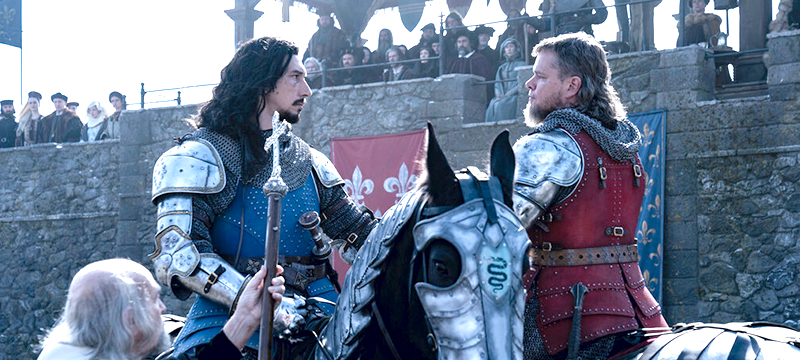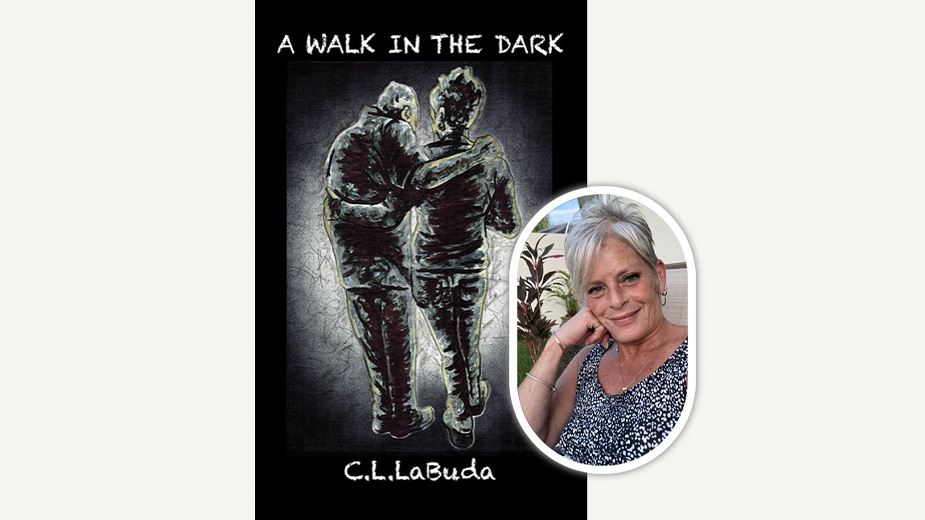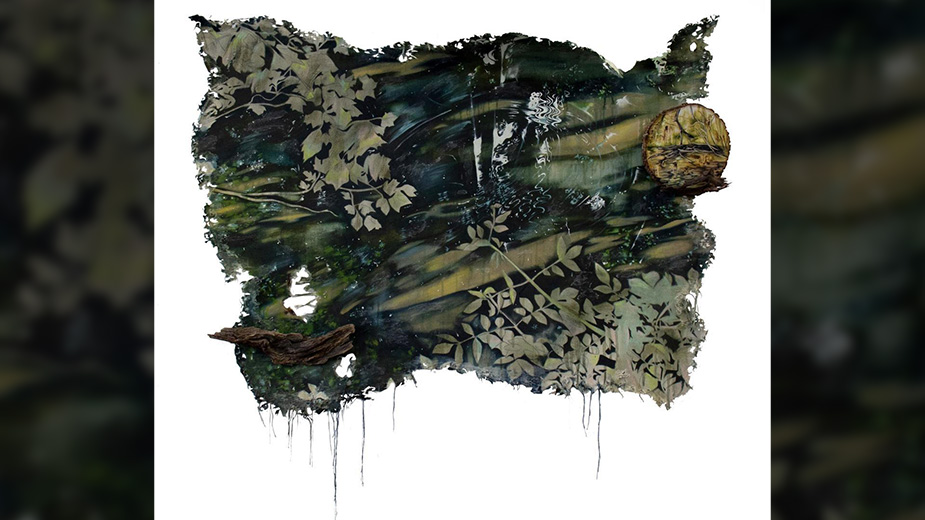Movie Review: Medieval and #MeToo Clash in ‘The Last Duel’
By Jake Coyle | AP Film Writer
On its mud-and-blood surface, “The Last Duel” seems like a familiar slog.
The film, directed by Ridley Scott, begins with all the expected medieval trappings: gory battlefields, imposing stone castles, the clop of horses. The skies are gray, the terrain muddy and, considering this film is by the director of “Robin Hood,” “Gladiator” and other brawny. masculine historical epics, you think you know exactly what’s in store.
But “The Last Duel” may be one of the only films where the director, himself, is kind of a MacGuffin. The movie, written by Matt Damon, Ben Affleck and Nicole Holofcener, is not the tale of manly valor that it first appears. “The Last Duel” is more like a medieval tale deconstructed, piece by piece, until its heavily armored male characters and the genre’s mythologized nobility are unmasked.
The film, framed like “Rashomon,” is told in three chapters repeated from different perspectives. The first, which belongs to Jean de Carrouges (Damon), might have once been the sole version of “The Last Duel.” In 14th century France, de Carrouges is a loyal and valiant soldier for King Charles VI (a childish ruler played by Alex Lawther) who weds a nobleman’s daughter, Marguerite (Jodie Comer). He finds his agreed upon dowry, including a handsome parcel of Normandy, has been taken instead as a debt collection by the Count Pierre d’Alençon (Affleck). He in turn awards the land to de Carrouges’ friend and fellow warrior Jacques Le Gris (Adam Driver), infuriating de Carrouges. This starts a rift between de Carrouges and Le Gris, as well as with the count, who strongly favors Le Gris. De Carrouges sees himself as a good and brave man, unfairly treated by his superiors. When he returns from a trip, his wife informs him that she was raped by Le Gris while he was away. De Carrouges vows to bring him to justice.
There are hints in even this straightforward first section of something not quite lining up. Firstly, there are those haircuts. Damon sports a mullet and a half-formed beard that seems hardly fashionable in any century, while Affleck has trim blond locks that would be better suited to a boy band. That they look a little foolish may be intentional.
The second section replays the same time period only as according to Le Gris, and “The Last Duel” grows more interesting. Here, we see De Carrouges as an impetuous soldier, an aggrieved complainer and, well, no fun. He fusses and fumes about honor while Le Gris and the count (Affleck in campy splendor) roll their eyes and spend late nights drinking and bedding women. To Le Gris, his act with Marguerite is bold and rough but driven by love, and perhaps mutual longing — though certainly not consensual.
Damon and Affleck, who last together scripted their breakout, “Good Will Hunting,” have said they wrote the first two sections, and handed over the third, of Marguerite’s account, to Holofcener, the filmmaker of “Enough Said” and “Lovely and Amazing.” The film, adapted from Eric Jager’s 2004 non-fiction book about the true history, has naturally been building to this definitive account.
But it’s not just the conclusion to a he-said-she-said drama. The third section is a wholly different perspective on the Middle Ages, as typically seen in film. Comer takes control of the film as it captures Marguerite’s experience being wed in a business transaction, the pressure to birth an heir (something that can only happen, she’s told, if she also finds pleasure in sex with her husband) and her savvy stewardship of the castle while De Carrouges is away.
Here, “The Last Duel” seems not at all so long ago, at all. Many of the dueling perspectives of the film — slyly self-aware — reverberate with today’s #MeToo struggles. It’s tempting to think “The Last Duel” should have just been Marguerite’s account, but so much of the film’s pleasure is seeing Damon, Affleck and Driver — each playing a type, a sort of guy — gradually dismantle and even lampoon their own charms.
“The Last Duel,” a 20th Century Studios release, is rated R for strong violence including sexual assault, sexual content, some graphic nudity, and language. Running time: 2:32. Grade: Three stars out of four.
Pictured: Matt Damon as Jean de Carrouges, right, and Adam Driver as Jacques LeGris in a scene from “The Last Duel.” (Patrick Redmond/20th Century Studios via AP)
Copyright 2024 The Associated Press. All rights reserved. This material may not be published, broadcast, rewritten or redistributed.



